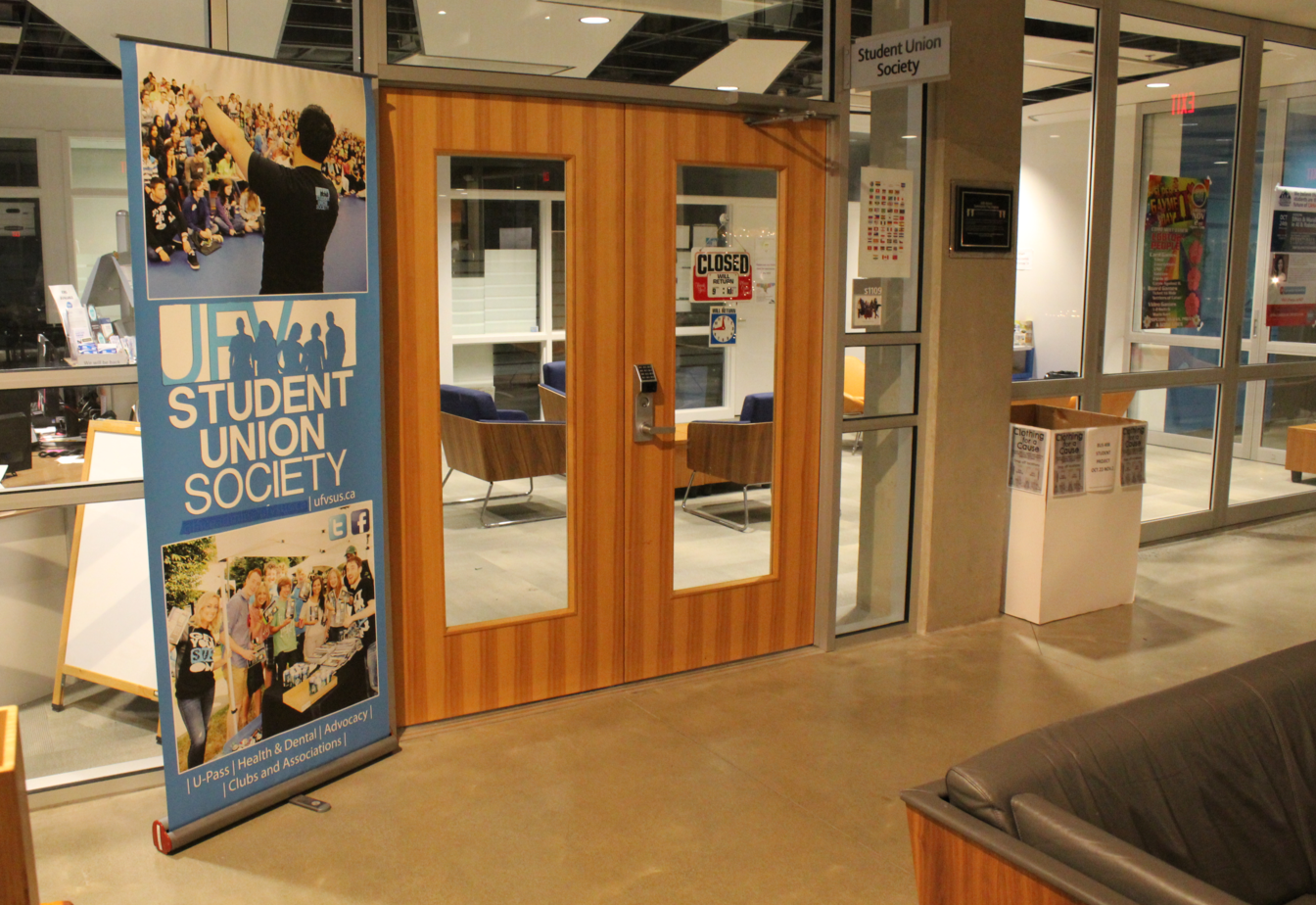The Student Union Society (SUS) by-election results are in.
Tania Smart was voted in as the new vice president internal (VPI) with 112 votes against Ryan Chandler with 101 votes. Both of the board candidates were voted in with 213 votes each: Reece Doppenberg as the faculty of science representative and Raman Bachra as the faculty of health sciences representative.
The results of the by-elections were approved by the SUS board but not unanimously. Andrew Stahl, College of Arts representative, voted against accepting the by-election results. Stahl said during the meeting that it was “kind of sketchy” that his vote was not counted if he did not choose to vote for every candidate.
According to SUS policy, a ballot is considered spoilt if a voter does not choose an option in every category presented on the ballot. There was no option to vote against the board candidates as they ran uncontested in the by-elections, and SUS policy does not allow for a “no” or “abstain” option on the ballot.
No sanctions were imposed during the by-elections. There was one complaint by a student regarding the way ballots were set up. One candidate for VPI withdrew from the elections before the start of the voting period.
Jessica Levesque, chief electoral officer (CEO) of the SUS elections, had several suggestions for future elections. The CEO role should be filled at an appropriate time, as it is a demanding role that requires organization. It was not said when the CEO role was filled for the by-elections, but the SUS board of directors mentioned they were still looking to hire a CEO at their Sept. 23 board meeting.
Levesque also suggested looking to differentiating between by-elections and regular elections as the timelines are different but the requirements are the same. According to SUS policy, there are no planning or transition periods for by-elections, the review period to determine the eligibility of candidates is two days instead of a week, and both the nomination and campaign periods are two weeks instead of three. Levesque said that the reduced timeline prevented the second required Q&A period from taking place on the Chilliwack campus. The campaign period was extended by a week during the by-elections.
Improving communication between election staff and the marketing department was also recommended. There were some issues with announcements and information not being distributed in a timely manner. The candidates’ statements were taken down from the SUS website during the voting period, which Levesque said may have been a miscommunication between marketing and the election staff.
The date changes for the by-elections were vaguely announced to students through changes to election poster dates on SUS social media platforms and campus posters around Oct. 16. The date changes pushed the voting period back a week, extending the campaign period by a week. The website was not updated right away due to miscommunication with marketing, according to Levesque. The website was only partially updated by the end of the voting period, with the by-elections information page displaying the old voting period.


